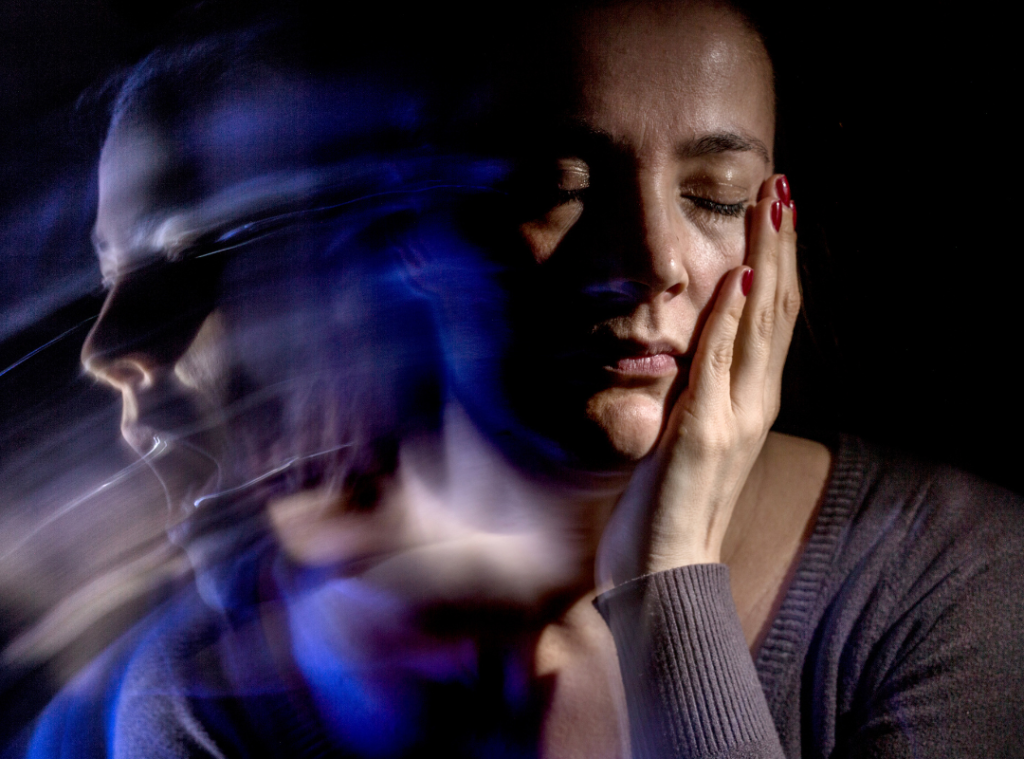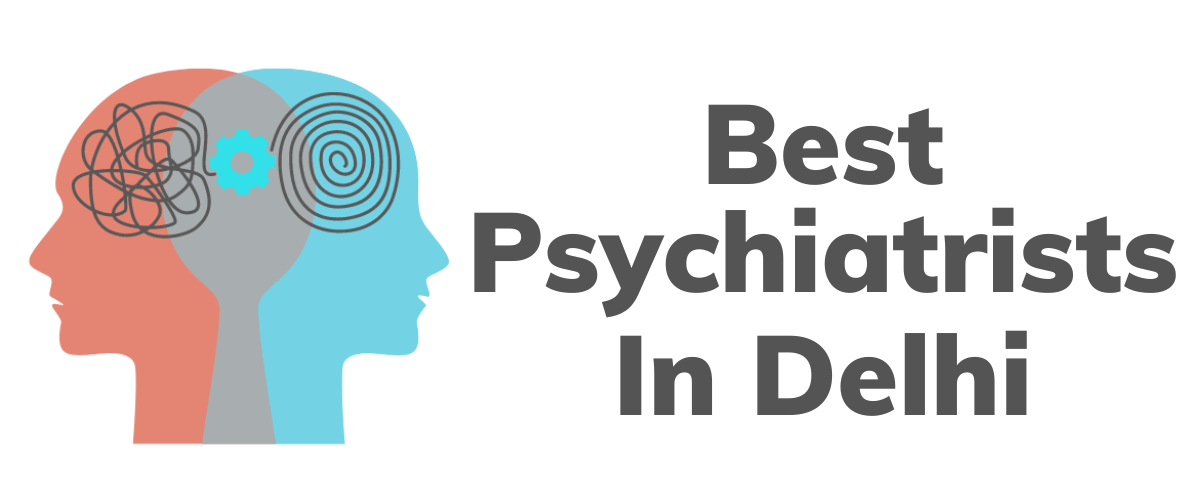Panic Disorder Treatment
Panic disorder is a mental health condition characterized by recurrent and unexpected panic attacks. These intense bursts of fear or discomfort often lead to physical symptoms like increased heart rate, sweating, and shortness of breath. Panic disorder can be debilitating, but effective treatments are available to manage the symptoms and improve quality of life.
1. Cognitive Behavioral Therapy (CBT)
- CBT for Panic Disorder: Cognitive Behavioral Therapy is one of the most effective treatments for panic disorder. It helps individuals understand and change their patterns of thinking and behavior that trigger panic attacks.
- Exposure Therapy: A specific form of CBT, exposure therapy involves gradually exposing individuals to feared situations to reduce sensitivity and avoidance behaviors.
- How CBT Helps:
- Identifies distorted thinking patterns.
- Teaches coping strategies to manage anxiety.
- Helps reduce the frequency of panic attacks over time. Learn more about Cognitive Behavioral Therapy.
2. Medications for Panic Disorder
Selective Serotonin Reuptake Inhibitors (SSRIs): These medications are commonly prescribed for panic disorder. They work by increasing serotonin levels in the brain, helping regulate mood and anxiety levels.
- Examples: Fluoxetine (Prozac), Sertraline (Zoloft).
Benzodiazepines: These fast-acting medications help alleviate the immediate symptoms of panic attacks. However, they are typically used on a short-term basis due to the risk of dependence.
- Examples: Alprazolam (Xanax), Lorazepam (Ativan).
Other Medications: Antidepressants, beta-blockers, and anti-anxiety medications may also be used to treat panic disorder. For more on treatment options, visit Panic Disorder – Wikipedia.
3. Lifestyle Modifications for Panic Disorder
- Regular Exercise: Physical activity can reduce overall anxiety levels and improve mood. It also helps manage stress, which can trigger panic attacks.
- Balanced Diet: A healthy diet that includes plenty of fruits, vegetables, and omega-3 fatty acids can support brain health and help reduce symptoms of panic disorder.
- Relaxation Techniques: Deep breathing exercises, progressive muscle relaxation, and mindfulness meditation can all help calm the nervous system and prevent panic attacks. Learn more about stress management in Panic Disorder treatment.
4. Mindfulness and Relaxation Therapies
- Mindfulness Meditation: Practicing mindfulness involves focusing on the present moment without judgment. Studies show that mindfulness meditation can reduce the frequency and intensity of panic attacks by helping individuals become more aware of their triggers.
- Progressive Muscle Relaxation (PMR): This technique involves tensing and relaxing muscle groups to reduce physical tension and anxiety associated with panic attacks.

5. Supportive Therapies for Panic Disorder
- Support Groups: Joining a support group for panic disorder can provide individuals with a sense of community and understanding. It also allows them to share coping strategies and experiences. Also with Best Psychiatrist in Delhi
- Family Therapy: Family therapy may be beneficial for individuals with panic disorder, as it helps family members understand the condition and offer appropriate support.
Panic Disorder Treatment Options in Summary
| Treatment Type | Description | Benefits |
|---|---|---|
| Cognitive Behavioral Therapy (CBT) | Teaches individuals to change negative thought patterns and behaviors. | Reduces the frequency of panic attacks and anxiety. |
| Medications | SSRIs, benzodiazepines, and antidepressants help manage symptoms. | Relieves symptoms and stabilizes mood. |
| Lifestyle Modifications | Regular exercise, healthy diet, and relaxation techniques. | Reduces anxiety and stress levels. |
| Mindfulness and Relaxation | Mindfulness meditation and PMR can calm the nervous system. | Decreases the intensity of panic attacks. |
| Supportive Therapies | Support groups and family therapy provide emotional support. | Builds a sense of community and understanding. |
Conclusion
Panic disorder can be overwhelming, but with the right treatment, individuals can manage and even overcome the challenges it presents. Treatment options like CBT, medications, lifestyle changes, and relaxation techniques offer relief. If you’re struggling with panic disorder, it’s essential to consult with a mental health professional to develop a personalized treatment plan.
Call to Action
For expert guidance on treating panic disorder, visit Delhi Mind Clinic, where our team of qualified professionals offers comprehensive care for managing panic attacks and anxiety disorders. Contact us today to learn more about our personalized treatment options for panic disorder.

